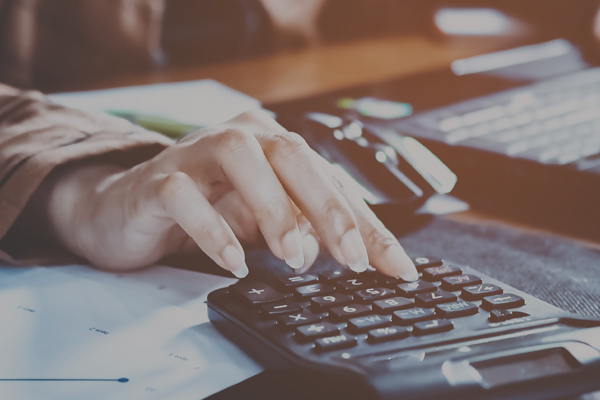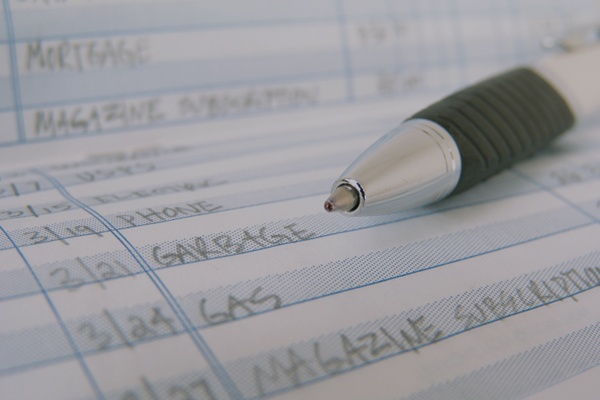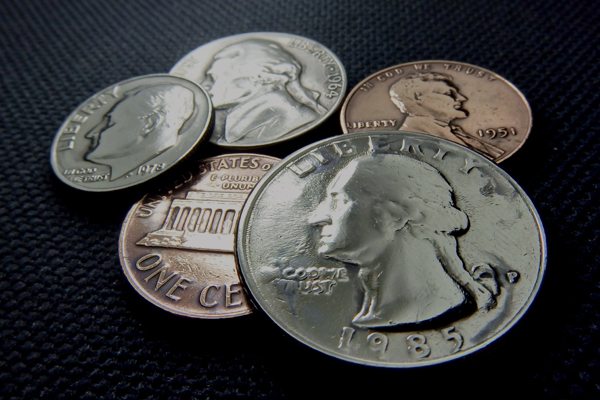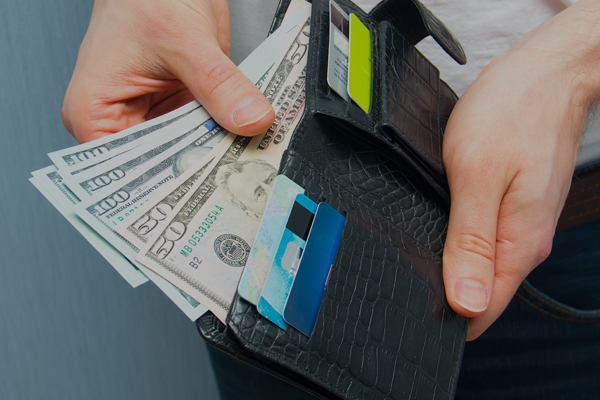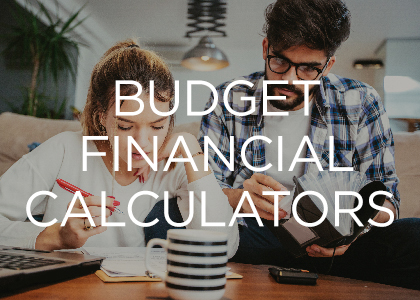


How Much Am I Spending?
How many times have you asked yourself "where does our money go?" The first step is to categorize your spending into each particular category. If you have got multiple monthly bills under a category, you can use the worksheets linked to the right of the input field to enter each separately. Once you see where you are spending your money, it becomes easier to look at reducing spending in particular categories.
How Much Am I Spending?
How many times have you asked yourself "where does our money go?" The first step is to categorize your spending into each particular category. If you have got multiple monthly bills under a category, you can use the worksheets linked to the right of the input field to enter each separately. Once you see where you are spending your money, it becomes easier to look at reducing spending in particular categories.
Balance Your Checkbook
Balancing a checkbook is easy. Start with the balance from your last checking account statement. Then subtract all checks that you have written that were not listed in this last statement, or any previous ones. Then add back all the deposits that you have made into your checking account. The result should be the amount you have in your checkbook as your current balance.
Balance Your Checkbook
Balancing a checkbook is easy. Start with the balance from your last checking account statement. Then subtract all checks that you have written that were not listed in this last statement, or any previous ones. Then add back all the deposits that you have made into your checking account. The result should be the amount you have in your checkbook as your current balance.
Household Cash Flow Tracker
Getting your spending under control and in line with your income is an essential element to building a healthy financial future. Analyze your spending (including what you put on a credit card) each month to make sure you are not spending more than you are bringing in. Once you have got that under control, consider placing what 'extra' you have every month in savings. You will never know when you will need it and it is better to take money out of a savings account to pay for unanticipated expenses rather than adding it to a credit card balance.
Household Cash Flow Tracker
Getting your spending under control and in line with your income is an essential element to building a healthy financial future. Analyze your spending (including what you put on a credit card) each month to make sure you are not spending more than you are bringing in. Once you have got that under control, consider placing what 'extra' you have every month in savings. You will never know when you will need it and it is better to take money out of a savings account to pay for unanticipated expenses rather than adding it to a credit card balance.
Spare Change
Most people have a cup, jar or piggy bank full of change that you fill each day when you empty your pockets or clean out your purse. How much do you have? Count it up and take a look!
Spare Change
Most people have a cup, jar or piggy bank full of change that you fill each day when you empty your pockets or clean out your purse. How much do you have? Count it up and take a look!
Calculate Your Net Worth
Determining how much money you are worth is like having a personal balance sheet. On the asset side are things you own: homes, cars, investments and personal property. On the liability side are your debts: what you owe on your home mortgage, outstanding loans, and credit card balances. Over time, you want to be reducing your liabilities by paying down debt and building your assets by saving and allowing your assets to work for you by earning interest or building value.
Calculate Your Net Worth
Determining how much money you are worth is like having a personal balance sheet. On the asset side are things you own: homes, cars, investments and personal property. On the liability side are your debts: what you owe on your home mortgage, outstanding loans, and credit card balances. Over time, you want to be reducing your liabilities by paying down debt and building your assets by saving and allowing your assets to work for you by earning interest or building value.
Save or Pay Off Debt?
Having savings is important, especially when the savings are part of an emergency fund or a hedge against a loss of income. However, when you also have debt, in the form of an outstanding credit card balance or loan, you might want to consider whether you are better off using the money you have in savings to pay down debt. Whether it makes sense or not is determined by the interest rate you are earning on your savings versus the interest rate you are being charged on your outstanding loan balance. The difference between earning interest and paying it should give you a good indication of where you can get the best return.
Save or Pay Off Debt?
Having savings is important, especially when the savings are part of an emergency fund or a hedge against a loss of income. However, when you also have debt, in the form of an outstanding credit card balance or loan, you might want to consider whether you are better off using the money you have in savings to pay down debt. Whether it makes sense or not is determined by the interest rate you are earning on your savings versus the interest rate you are being charged on your outstanding loan balance. The difference between earning interest and paying it should give you a good indication of where you can get the best return.
Should You Work Outside of the Home?
Making the decision to return to work after staying at home with children, or leaving the workforce to stay at home is sometimes a difficult decision for parents. The financial aspects of that decision will be based on the elimination of expenses incurred while staying at home, examples of which are life and health insurance premiums that may be replaced by employer-provided plans. When looking at the benefits of working, income should be considered right alongside the ability to build a retirement fund through 401(k) contributions, the cost of health and life insurance and the expenses associated with being part of the workforce.
Should You Work Outside of the Home?
Making the decision to return to work after staying at home with children, or leaving the workforce to stay at home is sometimes a difficult decision for parents. The financial aspects of that decision will be based on the elimination of expenses incurred while staying at home, examples of which are life and health insurance premiums that may be replaced by employer-provided plans. When looking at the benefits of working, income should be considered right alongside the ability to build a retirement fund through 401(k) contributions, the cost of health and life insurance and the expenses associated with being part of the workforce.




